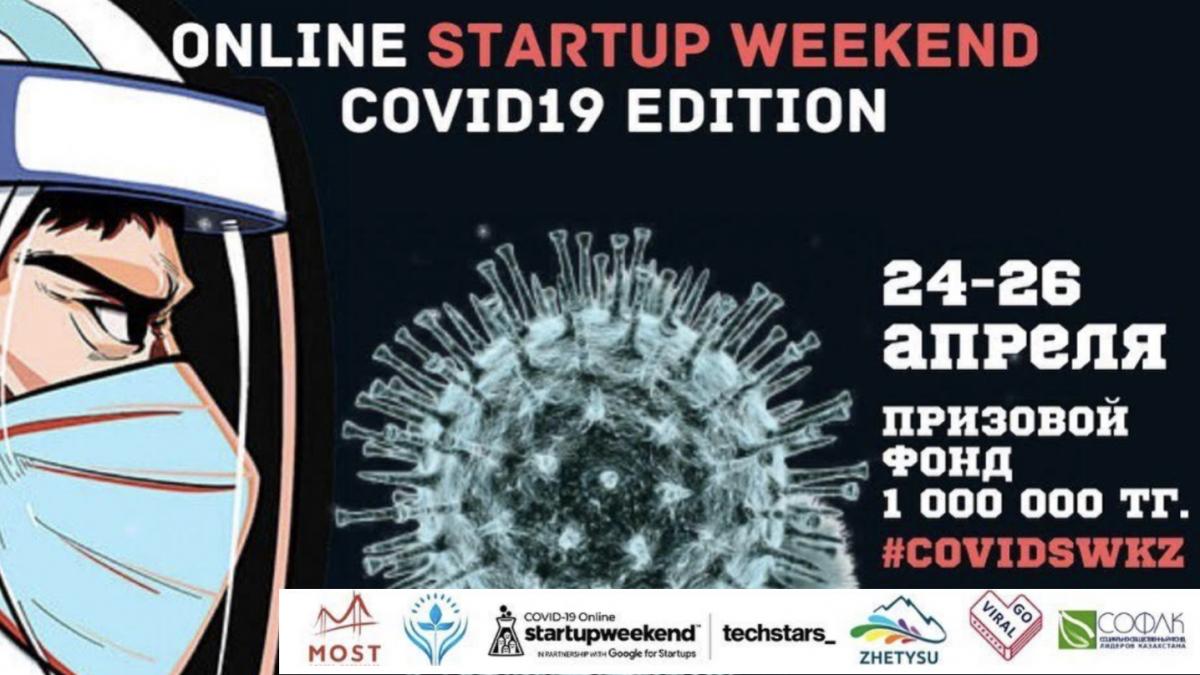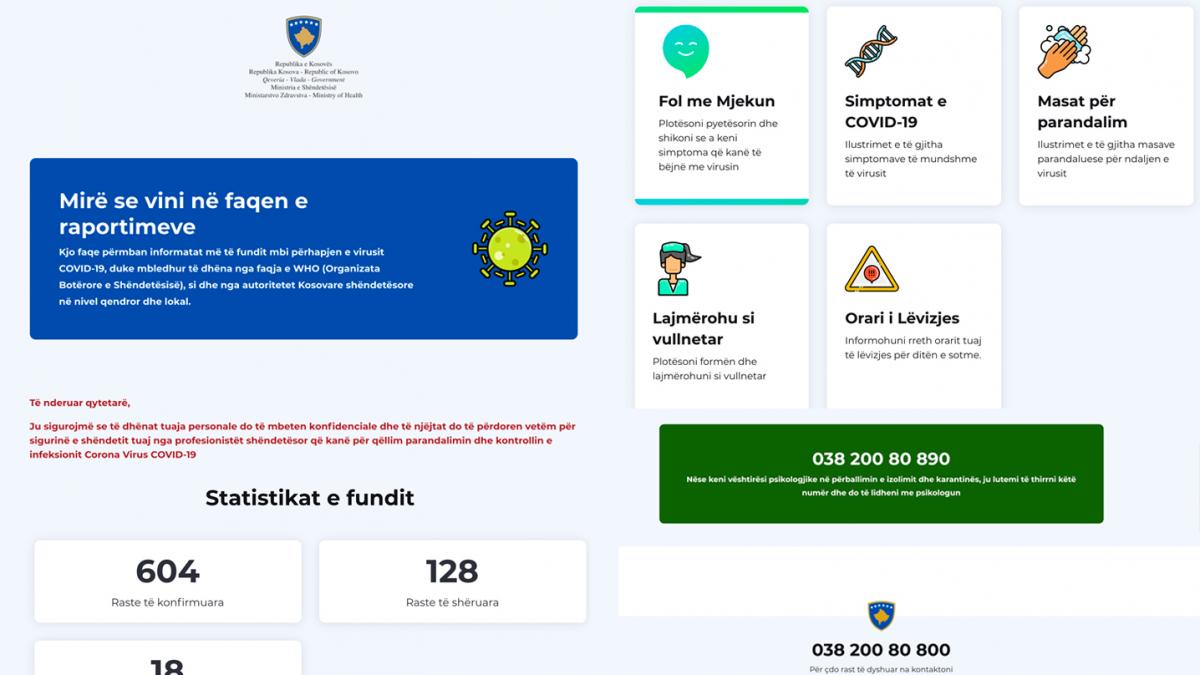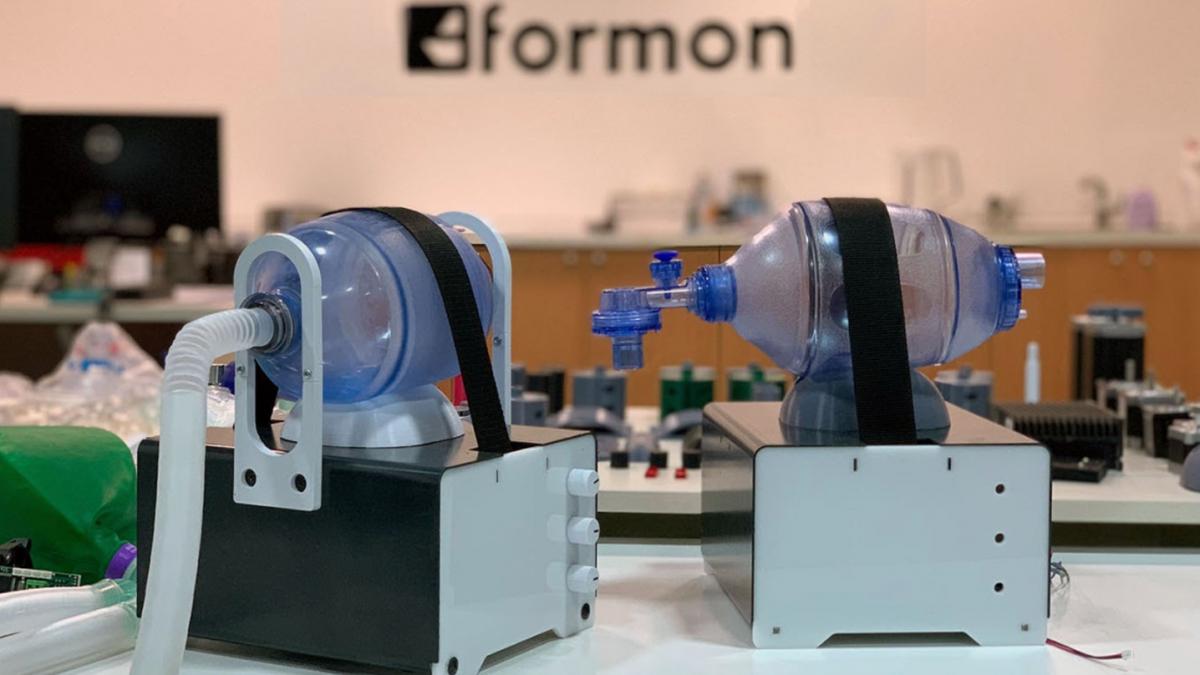Innovating Through Adversity - GIST IHubs Roundup PART 1
Innovation Hubs, or IHubs, are designed to build strong and vibrant networks of young science and technology entrepreneurs around the world. The Hubs are created in partnership with local startup incubators. For the participating incubators, IHub offers another avenue to support their entrepreneurs.
Through community-led groups, the IHubs aim to bolster networking and entrepreneurial skills to build durable, long-term, supportive networks. The ultimate goal of the initiative is to stimulate local entrepreneurial activity and ensure participants can grow their skills and scale their businesses together – both in their home country and through the GIST Network’s global connections.
In this roundup we highlight a few of the GIST IHubs whose work in these uncertain times exemplifies the purpose of STEM innovators across the world.
MOST Business-incubator - Kazakhstan
When the pandemic hit, many businesses took a heavy hit. Seeking to support their local and regional entrepreneurs and startups through various instruments and channels, MOST Business Incubator’s team decided to solicit feedback from entrepreneurs to support their needs. Not surprisingly, most entrepreneurs’ answers were related to resources to assist surviving amidst uncertain times.
As a result, MOST implemented a number of activities to support these needs. They created a series of online webinars for SMEs and startups on the most relevant subjects. The topics included anti-crises risk management, legal HR issues, finding new opportunities after the crisis, how to go digital, and marketing in uncertain times. In the end, MOST had 250 registrations for their webinar series.

MOST next organized the Online Startup Weekend: COVID-19 edition (April 24-26) where all inventors, innovators, developers and anyone with a passion to tackle the coronavirus can propose their solutions for the most relevant problems and challenges in Kazakhstan.
FAB LAB Mindanao - Philippines
FAB LAB Mindanao GIST IHub commenced its COVID-19 response on March 18, 2020 through an initial online meeting with their local Doctors to the Barrios (Villages) and the Philippine FAB LAB Network. To date, they have coordinated with more than 15 health professionals and have conducted two online design thinking sessions resulting in two prioritized projects: face shields as personal protective equipment and the DIY intubation protective gears.

As of April 17, 2020, FAB LAB Mindanao has turned over 2707 face shields through the Mindanao State University-Iligan Institute of Technology (MSU-IIT) to the various front liners along with 1 intubation box and 1 laryngoscope which is still a work-in-progress currently being tested by medical consultants from the Iligan Medical Society. Running at a daily output capacity of 150 face shield units per day using 3D printers and laser cutters, FAB LAB Mindanao still has 3827 face shield units to produce based on the demand and priority requests identified by the MSU-IIT COVID-19 Task Force. These will be distributed to the Iligan Medical Society for the medical use and the Iligan Chamber of Commerce for non-medical use.
For pictures and more real-time updates visit https://www.facebook.com/FABLABMindanao/
Innovation Centre Kosovo - Kosovo
Kosovo’s strong entrepreneurial ecosystem has led to multiple startups and partnerships stepping forward to help bring solutions to the public.

Companies Vianova Health and Zombie Soup came together to build the data tracking platform Kosova.Health which pulls real-time information about COVID-19 from the World Health Organization (WHO).
As ICKosovo stated, “One of the main enemies of a virus-pandemic is an insufficient amount of information on it. By supporting and elevating the sources that do shed light on the matter, the community will have an extra advantage in their arsenal against any and all intrusive forces.”
Formon, a Prishtina company that designs, develops, and manufactures desktop 3D printers, has created the VentCore, an open source ventilator unique for having 50% of its parts be 3D printable. The company plans to start serial production as soon as VentCore is fully approved by medical experts and institutions. The company has the capacity of producing from 50-100 units per day.

ICKosovo also implemented an online hackathon called Hack the Crisis Kosova where 70 teams brought creative alternative digital solutions to current issues. The overall participation rate included 108 applications received, 400 community members, 70 teams and 38 final projects. The Hackathon included 60 mentors in partnership and was supported by 50 partners, including private sector companies, embassies, international donors, municipalities and investors.


